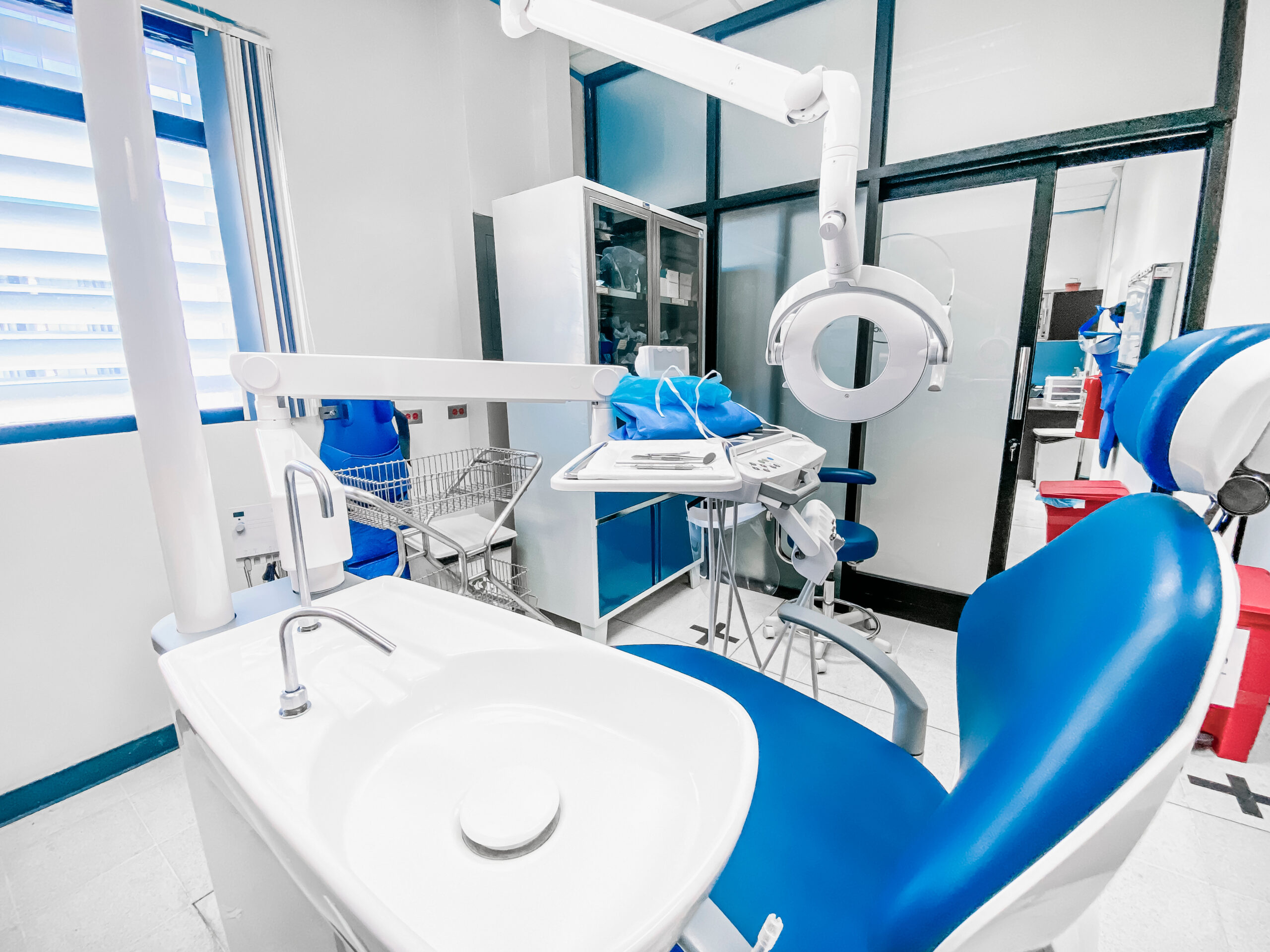Artificial intelligence (AI) is finally making its entrance into the dental field! Many new technologies have been developed in the past decades to optimize patient care and improve clinical workflow. CAD-CAM 3D printing technology has revolutionized same-day dentistry by printing dental restorations in-house. The YOMI robot offers robot-guided technology to assist in implant placement procedures. Now, the introduction of artificial intelligence holds the potential to optimize treatment diagnosis and early detection of disease.
AI-powered diagnostic systems are being integrated into dental offices across the United States. In 2023, four companies gained Federal Drug and Administration (FDA) clearance and patents for the new technology: Overjet, Pearl, Dexis, and VideaHealth. By containing millions of annotated dental X-ray images, AI systems detect possible diseases or abnormalities, propose treatment options, and predict outcomes of those recommended procedures. These systems offer patients a secondary opinion for courses of treatment and provide dental clinicians with an avenue to improve diagnostic accuracy. In real-time, dentists now have the opportunity to incorporate AI-based outcomes into treatment planning decisions. Since the arrival of AI technology in dentistry, providers have reported the statistically significant impact that AI has had on their patients and clinics.
AI can help dentists interpret X-rays to diagnose patients with greater accuracy.
Image Source: Adalberto Rodriguez
Since VideaHealth’s AI-powered diagnostic system has been introduced to dental offices, patients have benefited from increased radiologic accuracy and sensitivity. VideaHealth reported that clinicians using their tooth decay detection and interproximal (between the teeth) bone level measurement patented AI technology experienced a 31% increase in the detection of carious lesions, or areas of tooth decay. Early detection of carious lesions and other diseases is essential to maintaining oral and overall health.
Furthermore, dentists using AI-powered diagnostic technology believe that an objective secondary opinion has strengthened the trust in the doctor-patient relationship. Offices using VideaHealth’s artificial intelligence reported a 13% increase in the rate of patients accepting proposed treatment plans and a 24% increase in the value of restorative treatment plans, a clear result of patients’ confidence in doctors’ AI-supported diagnosis.
AI technology truly enhances the transparency of treatment planning, showing the accuracy of a clinical diagnosis to patients and demonstrating clinical outcomes that can come with AI support. Ultimately, integrating artificial intelligence into diagnostic technologies reshapes disease detection, treatment planning, and patients’ experiences in the dental field for the better.
Featured Image: LEONARDO BORGES










